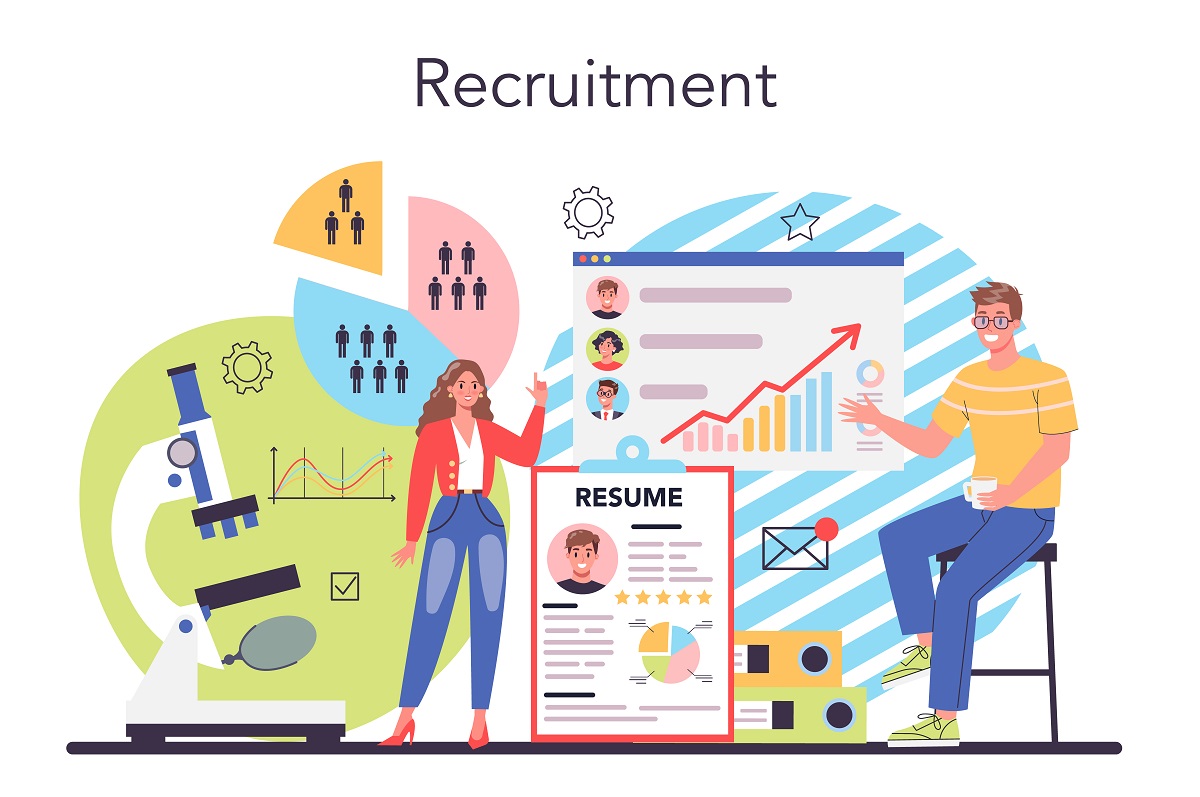Staff Augmentation
Staff Augmentation vs AI Automation: What Should Be Your Hiring Strategy in 2026?
In 2026, most tech leaders are stuck in a weird contradiction. Your roadmap hasn’t gotten...
India remains the undisputed leader for GCCs, with cities like Bengaluru, Hyderabad, Pune, and Chennai transforming from cost centers into innovation accelerators. With 2 million+ professionals in GCCs and deep AI/ML expertise, India combines scale, skill, and strategic value. Tier-2 cities like Coimbatore and Ahmedabad are now gaining traction for their talent density, affordability, and lower attrition.
Poland has emerged as the AI and data engineering nucleus of Eastern Europe. Cities like Kraków, Warsaw, and Wrocław offer a rich blend of multilingual talent, proximity to Western markets, and robust data protection under EU law. Ideal for companies seeking engineering depth without London or Berlin’s overhead.
Mexico is fast becoming the go-to nearshore hub for U.S. enterprises. Guadalajara and Monterrey lead with strong developer ecosystems, government incentives, and time zone alignment. It’s where cultural compatibility meets cost-effective innovation, perfect for scaling product, cloud, or AI functions close to home.
Singapore isn’t the cheapest, but it’s one of the smartest. Known for political stability, advanced infrastructure, and strong IP protection, it serves as a command center for high-value AI and R&D work. Its startup-friendly policies and proximity to Southeast Asia’s talent markets make it a powerhouse for leadership and innovation hubs.
The UAE, led by Dubai and Abu Dhabi, is redefining what a modern GCC looks like, AI-led, policy-driven, and globally connected. With government-backed AI initiatives, tax-free zones, and a focus on sustainability and advanced tech, the UAE attracts both Western HQs and Indian innovators building regional command centers.
Beyond BPO, the Philippines is pivoting to AI-driven process and automation centers. Cities like Manila and Cebu combine strong English proficiency, digital adoption, and government incentives. The talent base is rapidly reskilling from service delivery to data, analytics, and intelligent automation.
Romania’s tech scene is booming with software engineering talent and a pro-business regulatory setup. Bucharest and Cluj-Napoca are fast becoming preferred nearshore hubs for European companies that need deep technical capability and compliance with EU frameworks.
Brazil’s São Paulo and Campinas regions are rising as AI and cloud engineering centers for global tech firms. With a growing base of digital startups, data specialists, and a young talent pool, Brazil is turning into a hub for innovation with cultural synergy for North America and Europe.
Vietnam offers a rare balance, cost efficiency, young digital talent, and a growing R&D mindset. Cities like Ho Chi Minh and Hanoi are magnets for software product development and app development. Strong government focus on digital upskilling makes Vietnam a smart long-term bet for scaling AI operations.
Ireland offers a perfect trifecta, tax benefits, English-speaking talent, and EU regulatory compliance. Dublin’s cluster of AI, cloud, and data engineering GCCs make it ideal for tech giants managing pan-European operations. It’s where stability meets innovation governance.
The cheapest talent no longer wins, the smartest talent does. Companies are now prioritizing locations that deliver niche expertise in AI, data science, and product engineering rather than low-cost delivery. GCCs are being built where innovation per dollar is highest, not where salaries are lowest.
Modern GCCs aren’t siloed delivery hubs anymore, they’re integrated innovation labs. The new mandate: blend AI, automation, and software engineering under one roof. This fusion enables continuous experimentation, faster time-to-market, and product-led transformation.
Environmental and social governance now influence where GCCs are set up. Leaders are choosing cities that align with sustainability goals—access to green energy, ethical supply chains, and low carbon footprints. ESG isn’t just compliance anymore, it’s brand differentiation.
The era of single-location GCCs is fading. Enterprises are adopting hub-and-spoke models, distributing teams across multiple cities or even continents to balance risk, talent diversity, and timezone efficiency. Remote collaboration tech now makes distributed innovation seamless and scalable.

In 2026, most tech leaders are stuck in a weird contradiction. Your roadmap hasn’t gotten...

Dressing up for an interview and traveling with a folder with your resume and accolades...

In the ever-evolving world of technology, Java continues to be a popular and widely used...

Remote work has been around for a while, but the COVID-19 pandemic accelerated its adoption....

Introduction: Case 1: In 2016, Ravi was a college dropout, and his decision to drop...

While degree-based hiring has been the traditional approach, the latest trend in IT recruitment is...

As per Glassdoor Data Engineering ranked in the top 15 of “50 Best Jobs in...

Global advances in technology are increasing the demand for skilled IT professionals at an exponential...

As the trend towards a remote working setup continues to grow, managing such teams has...